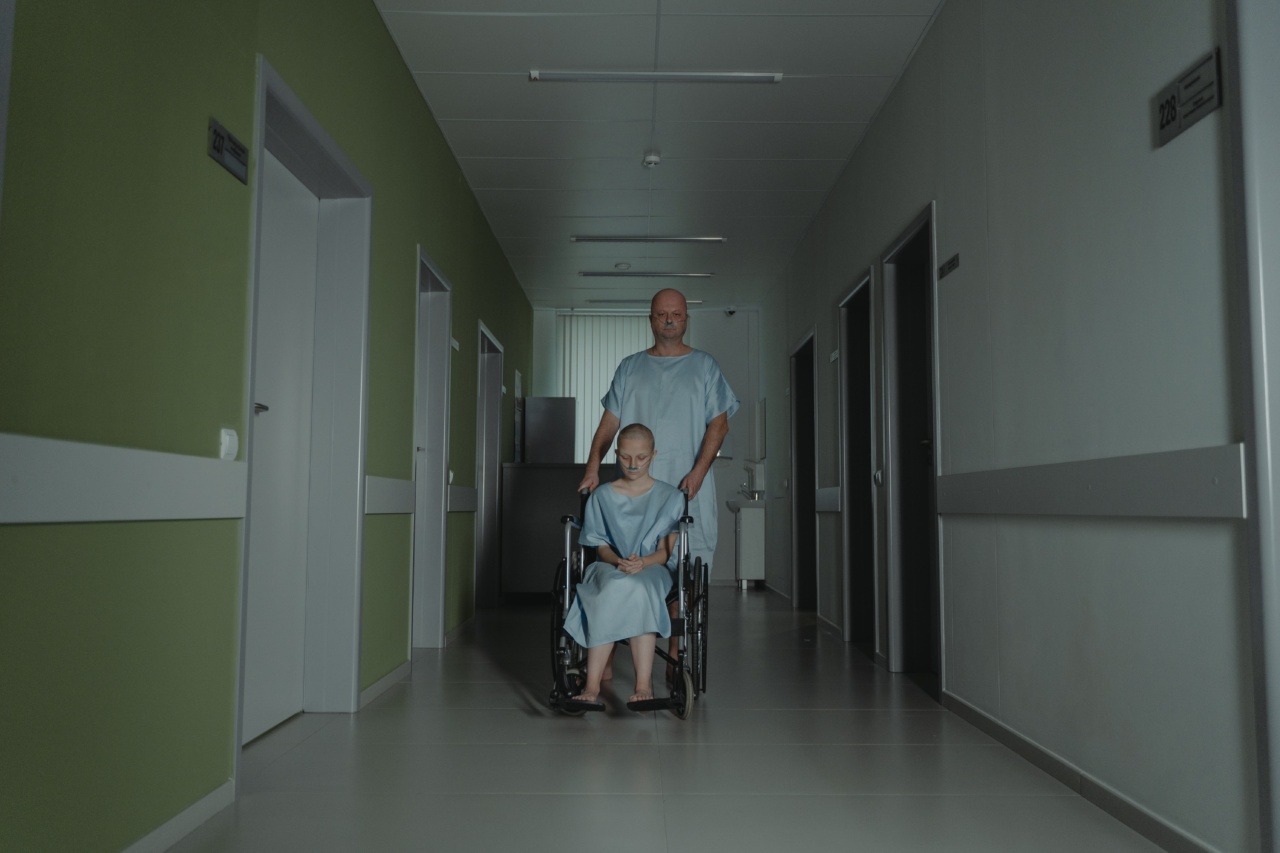Rheumatoid arthritis (RA) is a chronic autoimmune disease characterized by inflammation of the joints, leading to pain, stiffness, and swelling.
It affects approximately 1% of the global population, with women being three times more likely to develop the condition than men (1). RA not only impacts a person’s physical health, but it can also have a significant impact on their mental well-being. Depression, in particular, is highly prevalent among individuals with RA, adding to the burden of their disease.
The Prevalence of Depression in Rheumatoid Arthritis
Research consistently shows a higher prevalence of depression in individuals with rheumatoid arthritis compared to the general population. Studies have reported that between 15% and 60% of RA patients experience symptoms of depression (2).
This wide range can be attributed to various factors, including differences in study populations, assessment methods, and cultural variations.
The Impact of Depression on Rheumatoid Arthritis
Depression not only affects a person’s psychological well-being but also has a profound impact on their physical health, disease progression, and overall quality of life.
The presence of depression in RA patients is associated with increased pain intensity, functional impairment, and disability (3). Moreover, individuals with both RA and depression tend to have more severe joint involvement and higher levels of inflammation (4).
Biological Mechanisms
The relationship between depression and rheumatoid arthritis is complex and multifaceted. Several biological mechanisms have been proposed to explain the association between the two conditions.
One of these mechanisms is the dysregulation of the immune system, which is responsible for both the development of RA and the alteration of neurotransmitters associated with depression (5).
Psychosocial Factors
Psychosocial factors also play a significant role in the development and maintenance of depression in RA patients. The chronic nature of both RA and depression can lead to feelings of despair, hopelessness, and helplessness.
The limitations imposed by RA, such as reduced mobility and independence, can further contribute to the development of depressive symptoms (6).
Treatment Approaches
Given the high prevalence and negative impact of depression in rheumatoid arthritis patients, early detection and appropriate management are crucial.
Treatment options for comorbid depression and RA include pharmacotherapy, psychotherapy, and a combination of both. Antidepressant medications, such as selective serotonin reuptake inhibitors (SSRIs), have shown efficacy in reducing depressive symptoms in RA patients (7).
Psychosocial Interventions
In addition to pharmacotherapy, psychosocial interventions can also be beneficial in managing depression in individuals with rheumatoid arthritis.
Cognitive-behavioral therapy (CBT) and problem-solving therapy (PST) have demonstrated positive effects on reducing depressive symptoms and improving overall well-being in RA patients (8).
Self-Care Strategies
Self-care strategies play a crucial role in managing depression and improving the quality of life for individuals with rheumatoid arthritis.
Engaging in regular exercise, practicing relaxation techniques, maintaining a healthy diet, and seeking social support are all effective ways to alleviate depressive symptoms and enhance overall psychological well-being (9).
Conclusion
Depression is highly prevalent among individuals with rheumatoid arthritis and significantly impacts their overall well-being. The relationship between depression and RA is complex, involving both biological mechanisms and psychosocial factors.
Early detection and appropriate management of depression in RA patients are vital to improve their quality of life and overall disease outcomes.































